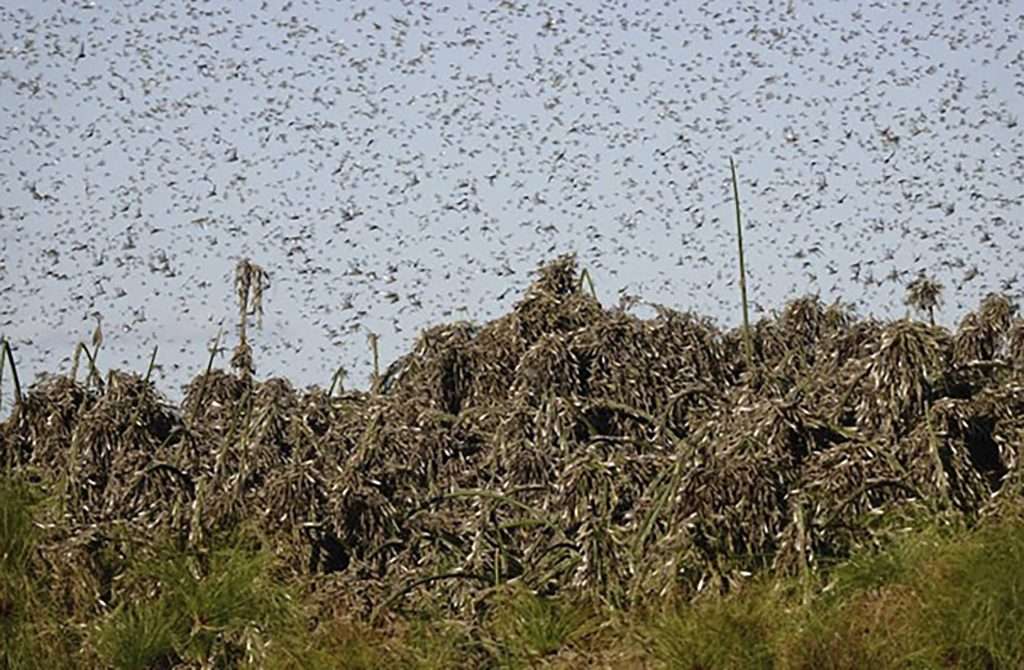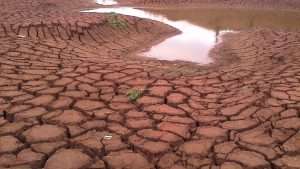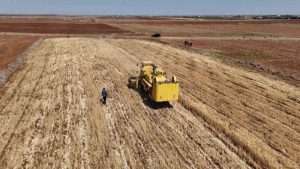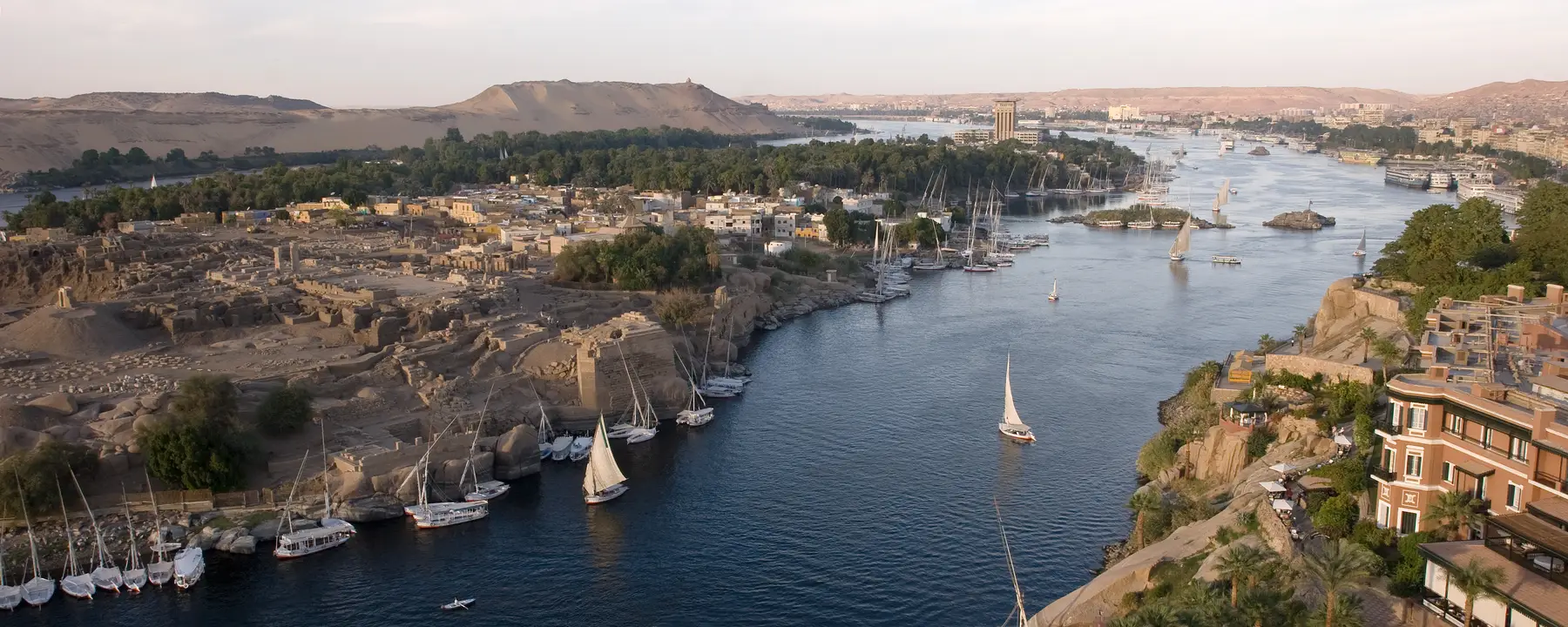Swarm of locusts nearing Morocco worrying farmers

North African countries are grappling with an alarming invasion of locusts, with swarms sweeping across Libya, Tunisia, and Algeria and now nearing the border of Morocco.
According to Hespress, a Moroccan government friendly source, Morocco has raised its alert level, preparing to confront the threat before it impacts its agriculture – a vital sector for the national economy and the livelihoods of millions.
Experts link the locust spread to climate change that has supported breeding.
The failure of neighbouring countries to contain the swarm of locusts has heightened concern, especially as Morocco is already dealing with drought and water scarcity.
Kamal Abrakani, professor of agricultural sciences in Nador, warns that the locusts threaten key crops such as grains, legumes, vegetables, and fruits.
Locusts are especially destructive in the early stages of plant growth, increasing the risk of large-scale crop failure.
Abrakani stresses the importance of using approved control methods, as recommended by the National Office for Food Safety (ONSSA), and warns against the use of banned or harmful pesticides, which desperate farmers might turn to without proper guidance.
He also highlights the need for close coordination with meteorological services, as wind patterns can determine where swarms move next.
One swarm reaching a sensitive area could multiply quickly and spread further, requiring swift, expert-led intervention to prevent catastrophe.
Environmental expert Mohamed Benaatta echoes these concerns, emphasising the threat to regional food security. A single locust consumes its weight in food daily, and swarms can cover hundreds of square km, leading to the destruction of entire harvests.
Benaatta calls for regional cooperation, particularly among Tunisia, Libya, Algeria, and Morocco, and urges international support for resource-limited Sahel countries.
On 17th March, Tunisia’s agriculture minister warned that desert locusts had been found in the country.
He believes Morocco should assist its neighbours to prevent the swarms from reaching its own territory.
Early intervention, he argues, can reduce reliance on pesticides and avoid environmental damage, referencing the 2003–2005 outbreak when millions of hectares had to be treated.
Strengthening first-line defence zones in Morocco’s desert south is key to stopping the invasion before it escalates into a full-scale crisis.
Hespress, Maghrebi
Want to chase the pulse of North Africa?
Subscribe to receive our FREE weekly PDF magazine














